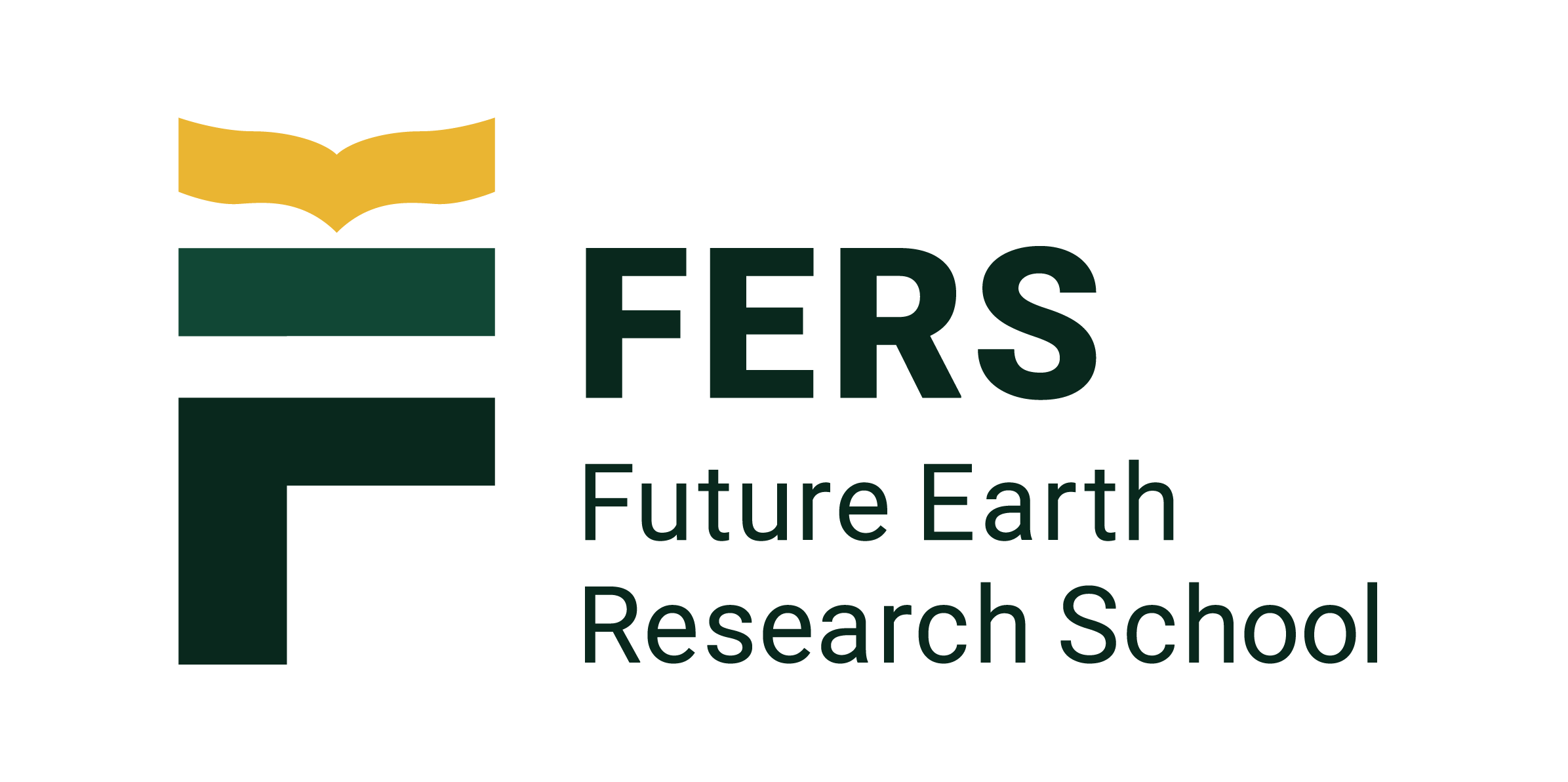
Carbon Dioxide Removal for a Net-Zero Future
This course introduces the concept of negative emissions and carbon dioxide removals (CDR). It provides a basis for understanding the pros and cons of deploying CDR to keep global warming below the temperature targets set by the Paris Agreement. It introduces key categories of CDR technologies (Water-based vs. land-based, and technology-based vs. nature-based), and provides an overview of their technical and economic aspects. It then explores CDR public perception and the legal and governance issues around the uptake of CDR. It discusses the need for developing international frameworks for rigorous monitoring, reporting, and verification (MRV) of CDR options.
The course is organized under the auspices of
Bertinoro (FC)
Location
3 – 13 June 2025
Dates
76 h
Total number of hours
20
Number of participants
€ 800,00
Registration Fee (VAT included if applicable)
April 13, 2025
Application deadline
This course on carbon dioxide removal (CDR) provides an in-depth understanding of negative emissions and their role in achieving the Paris Agreement targets. Participants will explore the pros and cons of deploying various CDR technologies, categorized into water-based/land-based, and technology-based/nature-based approaches. The course covers the technical and economic aspects of each method, such as ocean fertilization, afforestation, and direct air capture.
Additionally, the course addresses the legal and governance issues surrounding CDR, emphasizing the importance of developing international frameworks for rigorous monitoring, reporting, and verification (MRV) of CDR options.
Social activities and group work are integral parts of the course, fostering collaboration and networking among students. By the end of the course, participants are expected to deliver a mini research project, allowing them to apply their knowledge and demonstrate their understanding of CDR technologies and their implications.
Overall, this course equips students with a well-rounded understanding of CDR, preparing them to contribute to informed decision-making and the implementation of strategies to effectively reduce atmospheric CO2 levels.
This course is designed to address key questions that are essential for understanding the topic:
- Overview of climate overshoot and the need for negative emissions
- Introduction to CDR options and technologies
- scaling up CDR
- Public perception and CDR governance
By the end of this course on carbon dioxide removal (CDR), students will be able to:
- Understand the principles and significance of negative emissions in achieving climate goals.
- Identify and evaluate various CDR technologies, including water-based, land-based, nature-based, and technology-based methods.
- Analyze the technical and economic aspects of CDR options.
- Address legal and governance challenges related to CDR.
- Develop and present a mini research project on a CDR topic.
- Collaborate effectively through social activities and group work.
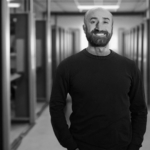
Soheil Shayegh – Director of the Course
Soheil Shayegh is the Director of the Integration of Planetary & Industrial Carbon Cycle Program at CMCC Foundation in Italy. He holds a PhD in Industrial Engineering from Georgia Institute of Technology (Atlanta, USA). His primary research interest is developing dynamic models for analyzing the interaction between natural and human systems. In particular, he is investigating the prospect of developing and deploying large-scale carbon dioxide removals (CDR) and other climate interventions and solutions, their integration into the carbon cycle considering their co-benefits, costs, side effects, and potential spillovers.
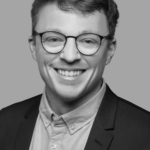
Felix Schenuit
Felix Schenuit is a research associate in the Research Cluster Climate Policy and Politics at the German Institute for International and Security Affairs (SWP) in Berlin. He conducts research on European climate and industrial policy, with a focus on carbon dioxide removal and carbon management. He co-led the chapter on policy and governance in the State of Carbon Dioxide Removal Report. He holds a PhD from the University of Hamburg and has been a visiting researcher at the Massachusetts Institute of Technology (MIT), the International Institute for Applied System Analysis (IIASA), and the Climate and Energy College at the University of Melbourne.
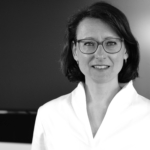
Christine Merk
Christine Merk is the Deputy Head of the Research Group Global Commons and Climate Policy at the Kiel Institute for the World Economy. Her main research interests are people’s perceptions of CDR in the context of climate policy. She conducts focus groups, deliberations, field experiments and survey experiments to study public perceptions of CDR methods, like ocean alkalinization or enhanced weathering, Carbon Capture and Storage, and stratospheric aerosol injection. She is part of several interdisciplinary research projects on CDR and also contributed to the design of an assessment framework for marine CDR. Her background is in quantitative political sciences and environmental economics.
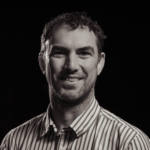
Christopher R. Pearce
Christopher Pearce’s research focuses on understanding the processes that cause, and can help mitigate, global climate change. He is at the forefront of rapidly growing international interest in assessing marine Carbon Dioxide Removal (mCDR) approaches and is the scientific and technical lead of the Strategies for the Evaluation and Assessment Of Ocean-based Carbon Dioxide Removal (SEAO2-CDR) project that is developing cross-cutting mechanisms, tools and guidelines for evaluating mCDR techniques.
His research interests also include determining the biogeochemical and ecological consequences of seaweed deposition in deep-sea environments and quantifying the efficacy and impacts of ocean alkalinity enhancement.
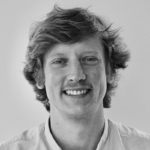
Felix Havermann
Felix Havermann holds a B.Sc. in Physical Geography (LMU Munich) and a M.Sc. in Atmospheric Sciences (University of Innsbruck; Max-Planck-Institute of Meteorology in Hamburg). For his PhD and first PostDoc phase (KIT Campus Alpin in Garmisch-Partenkirchen) he studied biogenic volatile organic compound emissions (BVOCs) and the nitrogen turnover in agriculture by lab & field measurements and biogeochemical modeling. Since 2019, he examines the impact of land use change on the climate and the carbon cycle at the LMU Munich. Now, as the scientific coordinator of the CDRterra research program on CO2 removal (CDR) he develops and applies the interdisciplinary CDRterra assessment framework.

Stuart Jenkins
Stuart Jenkins is a physical climate scientist. He specialises in modelling the climate system’s response to anthropogenic pollutants, particularly to CO2 emissions, informing the design of net zero policy and the need for CO2 removal. He completed a PhD in atmospheric physics before undertaking two short postdocs in projects looking at constraining the aerosol contribution to climate change and quantifying and deploying responsible negative emissions in Europe. He is currently a Research Fellow at the University of Oxford, working on defining best practise for hard-to-abate sectors to align their business models with net zero, as well as novel regulations targeting CO2 storage deployment.

Filip Johnsson
Filip Johnsson is professor in Energy Systems in Department of Space, Earth and Environment, Chalmers University of Technology. Filip Johnsson’s research areas comprise Energy systems analysis and thermal conversion systems including Carbon Capture and Storage (CCS). The research on energy systems analysis has an emphasis on the transition of the energy system to comply with climate targets, including how non-dispatchable electricity generation such as wind power can be integrated in the electricity system in a cost-efficient way. The research also deals with how to mitigate carbon emissions along supply chains, from basic materials to end products and services.

Andreas Oschlies
Location
The course will be at the University Residential Center of Bertinoro (CE.U.B.).
Bertinoro is halfway between the cities of Forlì and Cesena, 6 km from SS9 (Via Emilia). Forlì is the town of reference for transport by train and bus to and from Bertinoro.
Food and Accommodation
The accommodation will be at the University Residential Center of Bertinoro. Please remember that participation in presence is mandatory.
The school is offering limited financial assistance to cover the accommodation costs at the Center of Bertinoro over the entirety of the two-week stay. If you are interested, please check the section below.
For those who will not receive the financial assistance, all the costs will be communicated during the selection process.
The school will provide and offer lunches and dinners for all the participants. Participants are free to organize themselves at their own expense upon notice. The school will not cover any extra costs.
Transport
Nearest airport: Bologna’s airport “Guglielmo Marconi”
Nearest train station: Forlì Station (20 min. far from Bertinoro by car)
On how to get to the Centre, please check this link
Given that most of the participants will arrive in Bologna – especially from abroad – the school will organize a shuttle to bring participants from Bologna to Bertinoro. More details will be given to the selected candidates.
The school offers limited financial assistance based on the applicant’s needs. It will cover accommodation expenses in Bertinoro during the course. If interested, please specify it in the application form in the dedicated section. You are invited to provide a statement (max 200 words) explaining why you should benefit from this assistance.
The assistance WILL NOT cover travel costs.
Since there is a limited number of places, you are encouraged to apply early to avoid disappointment.
If accepted, you will receive an email confirming your financial assistance by secretariat@fersschool.it
- The maximum age at the time of application is 35 years old.
- Educational Background in a relevant field such as environmental science, engineering, economics, or a related discipline.
- Prerequisite Knowledge: Understanding of basic climate science, greenhouse gases, and carbon cycles.
- Skills: Competency in research methods and data analysis; familiarity with scientific and technical reading.
- Language Proficiency: Proficient in English, with good communication and writing skills.
- Interest and Motivation: A demonstrated interest in climate change mitigation, environmental technologies, or sustainable development.
